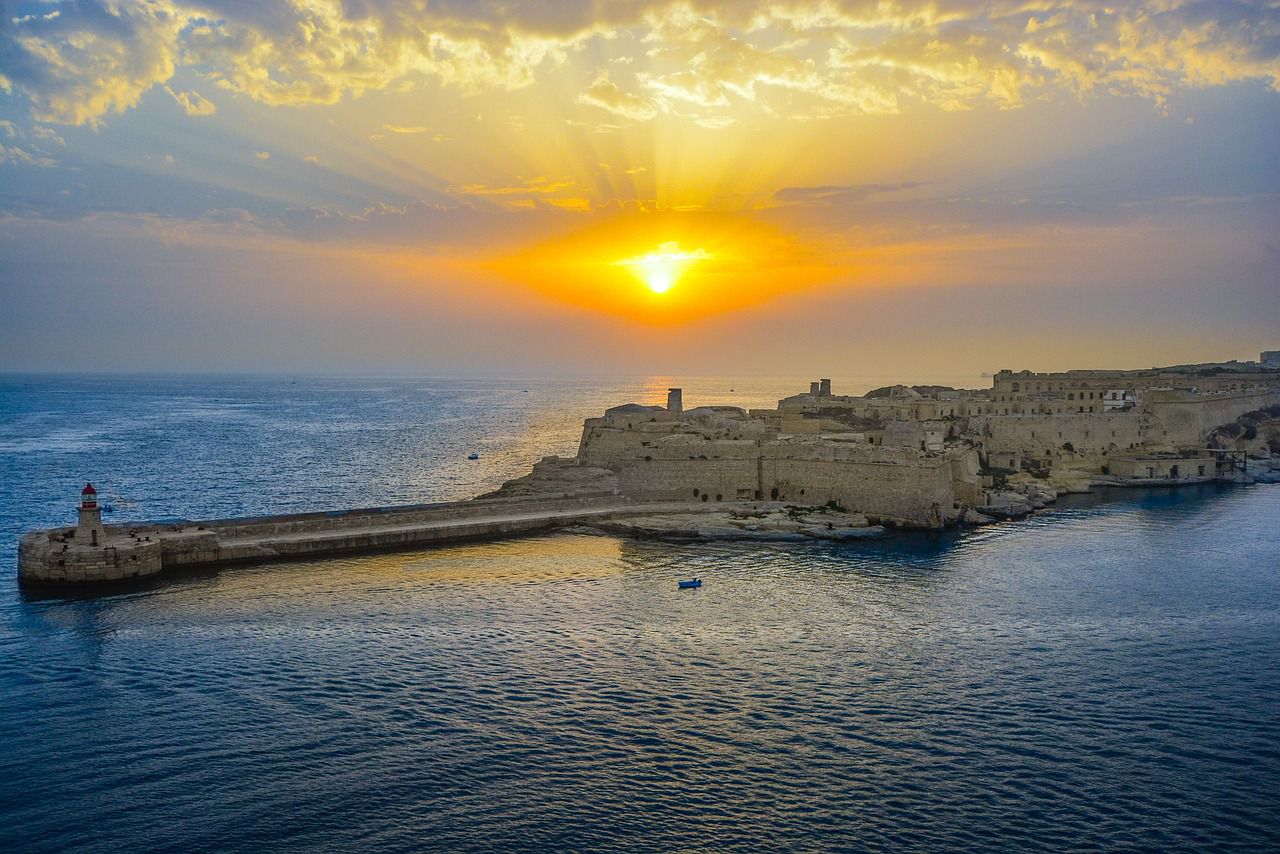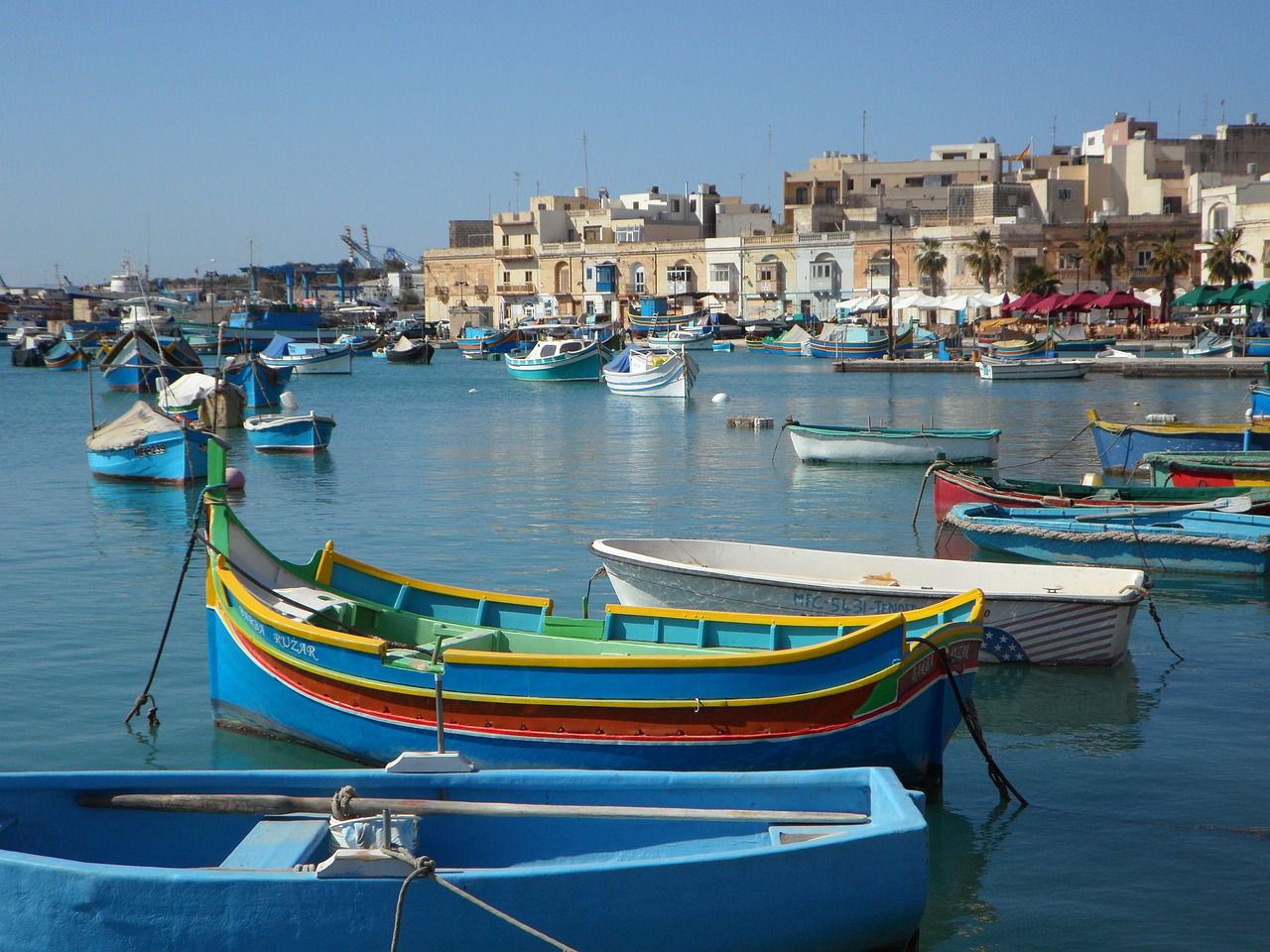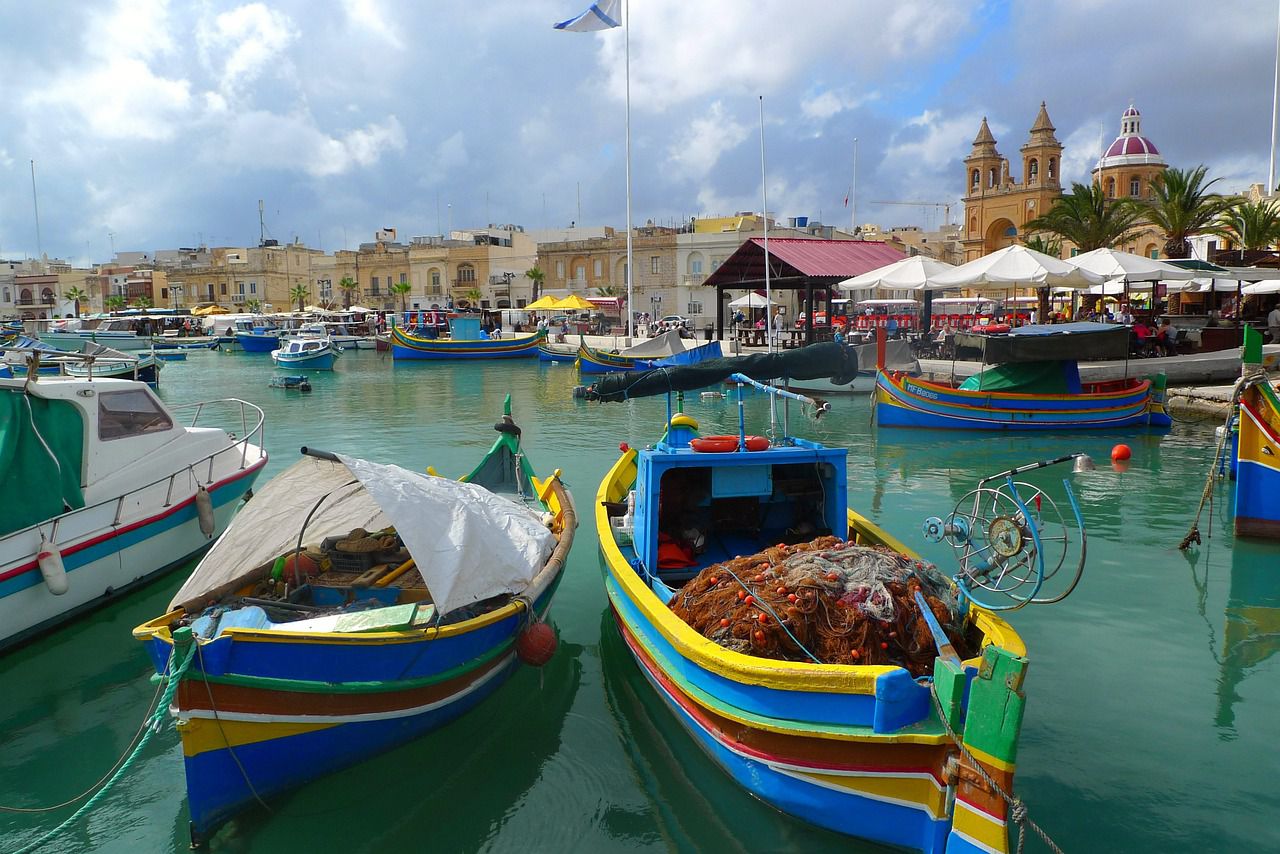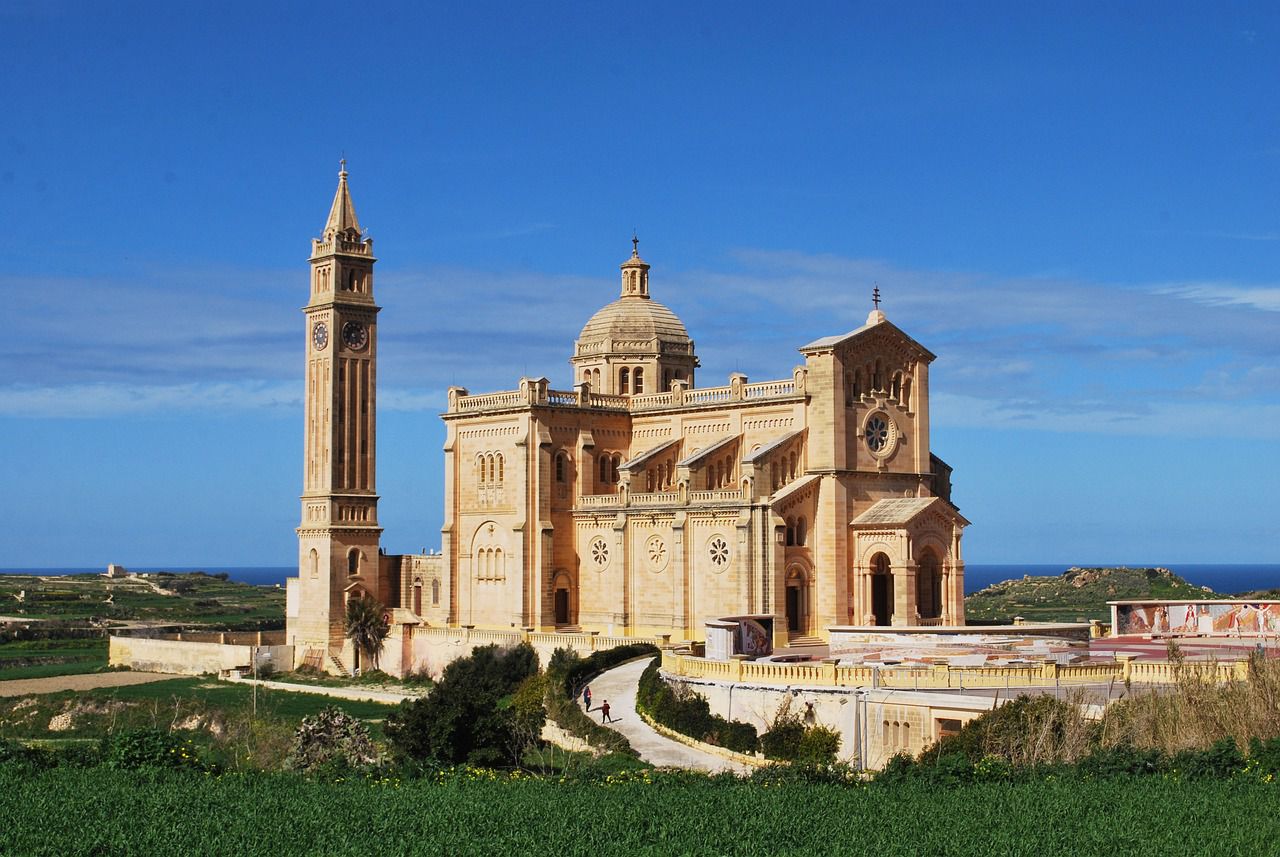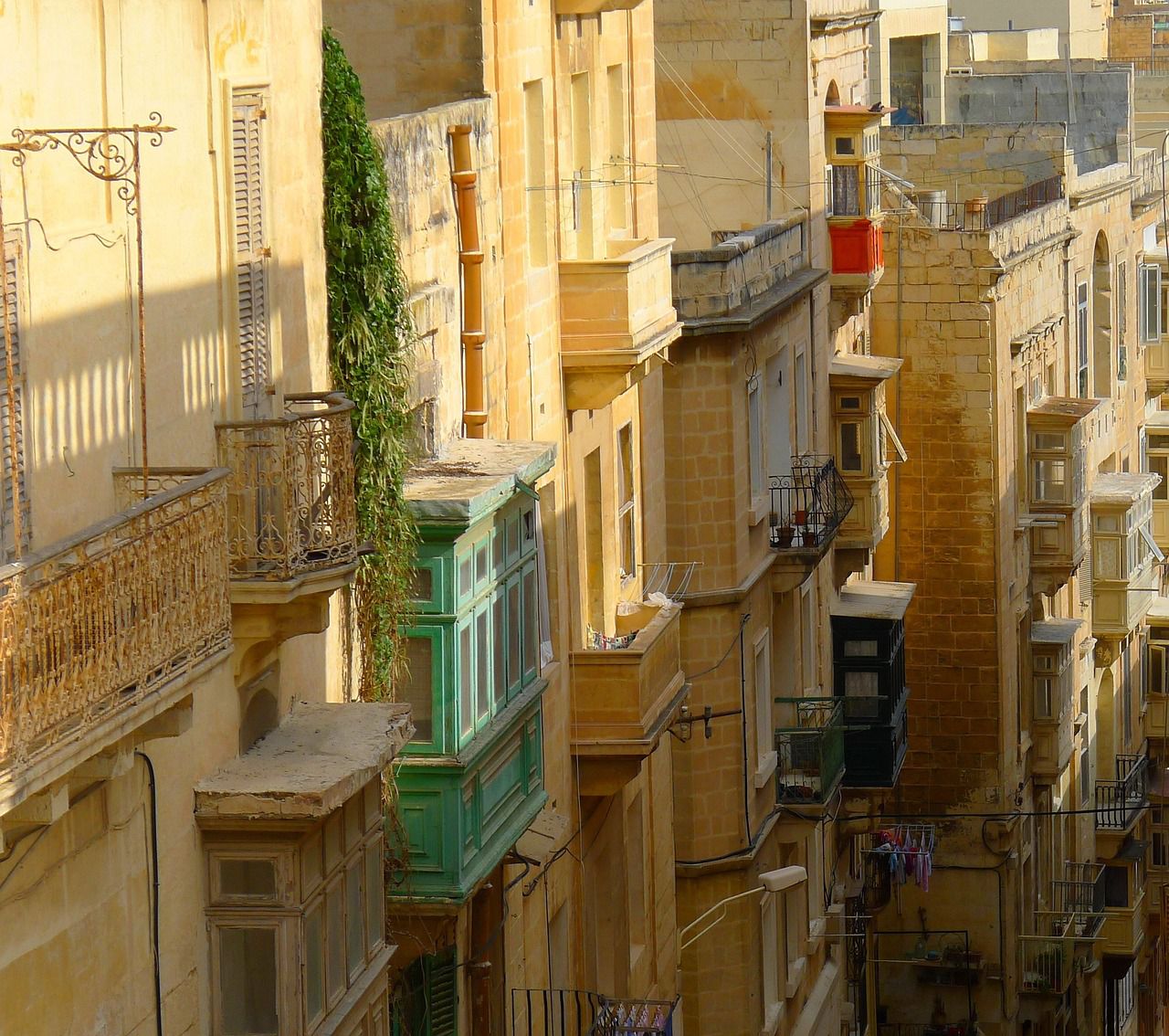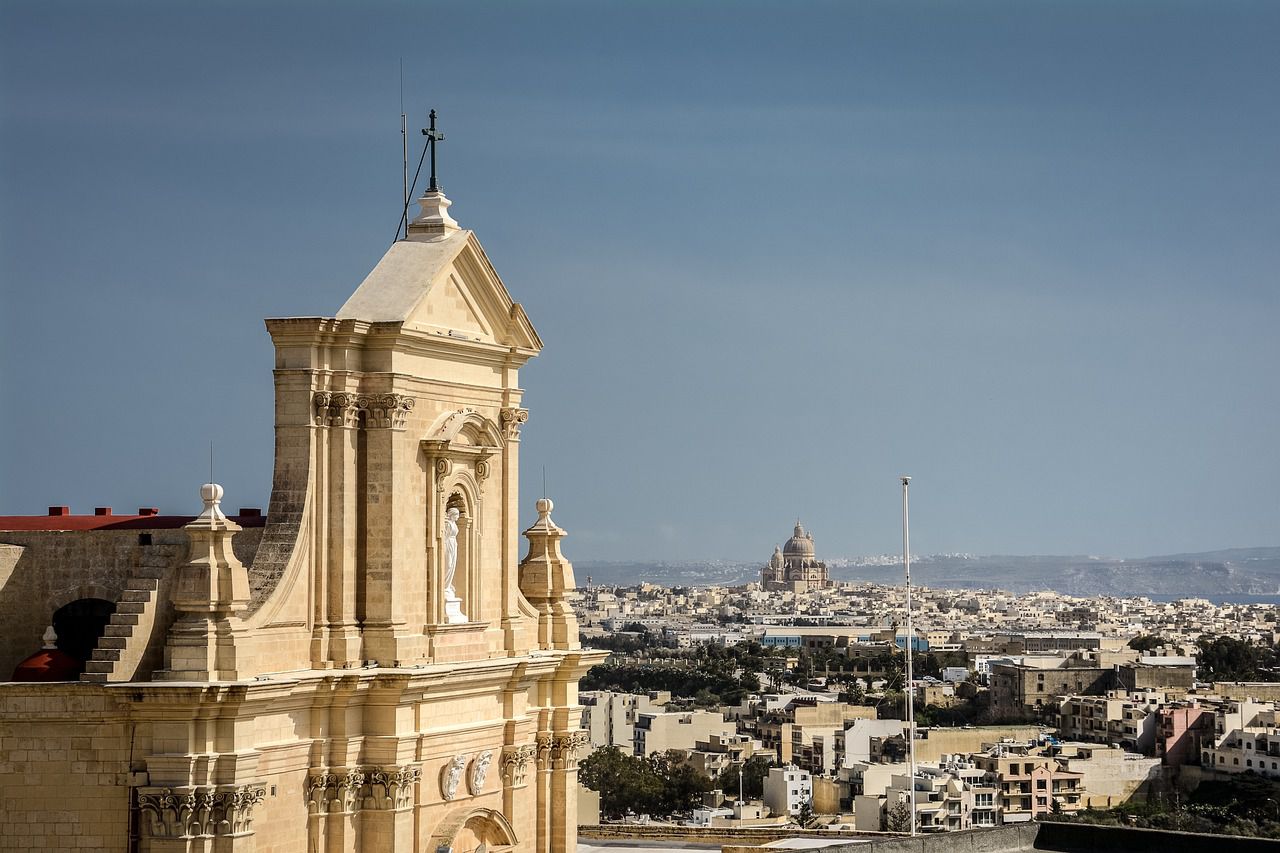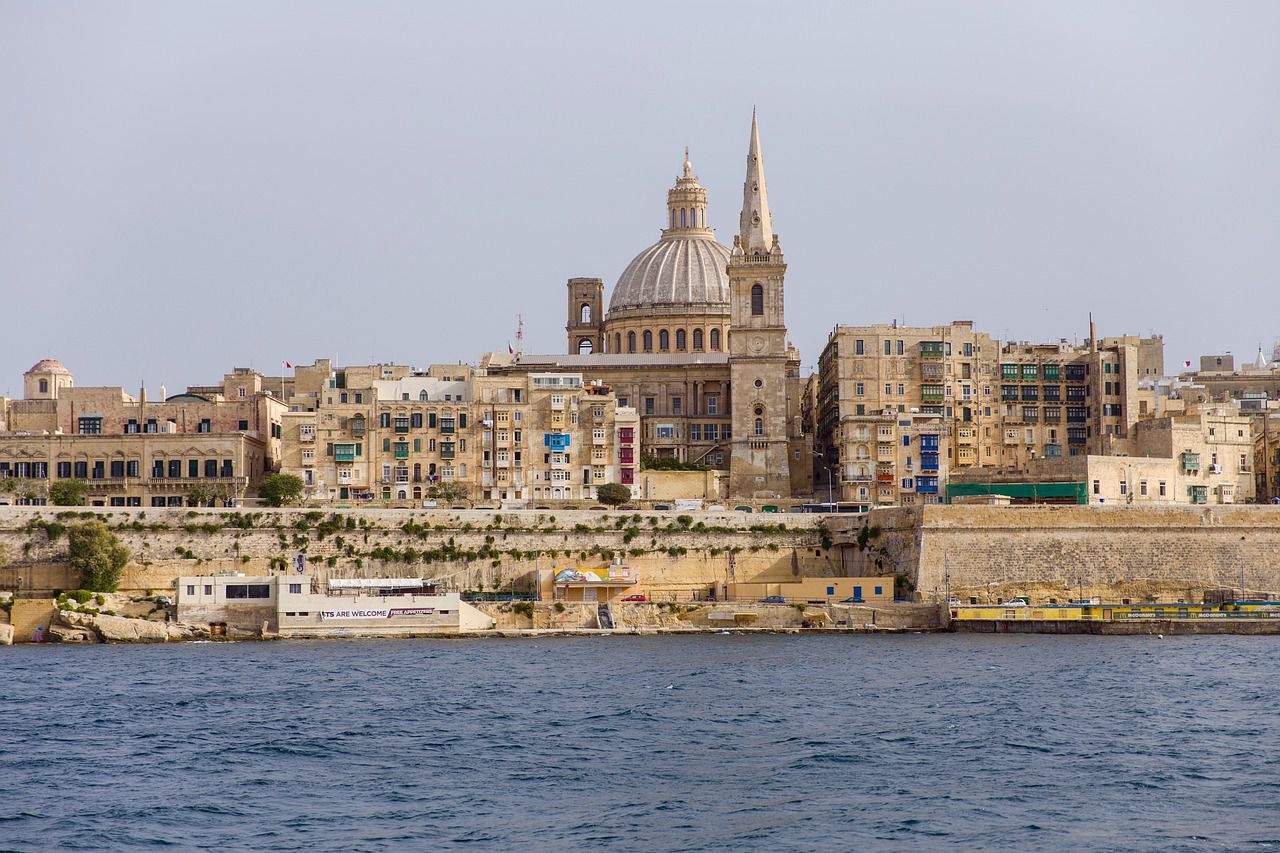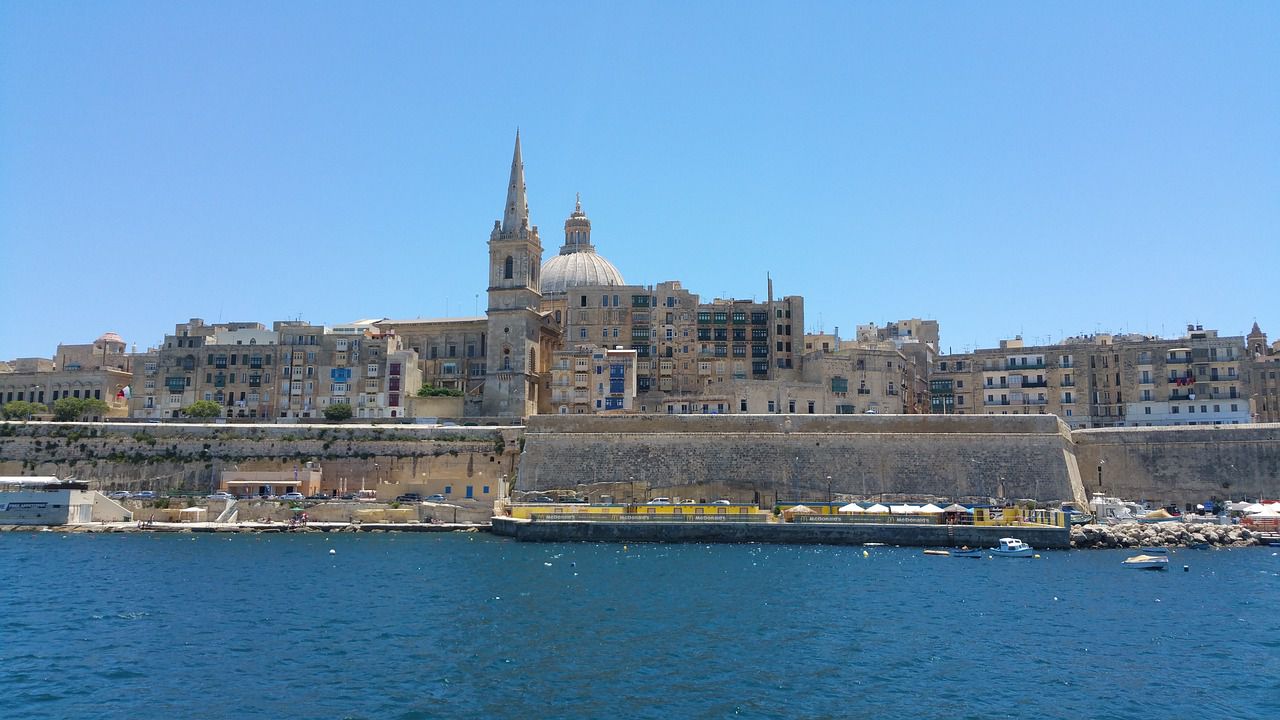Malta, the smallest and southernmost country in Europe, is 80 km from Sicily, east of Tunisia and north of Libya (Africa), so a mix of cultures coexists within it.
Malta has two official languages, English and Maltese, making it a valid alternative to the UK to study English. Some prefer it for its modest prices, much lower than in the British Isles, others for the Mediterranean climate. As for the food, it offers a mix of cookings: local Mediterranean, Arabic and Italian.
In Malta, you can benefit from well-developed hospitality and well-developed infrastructure that supports the wide range of services available. Participants in mobility programs can immerse themselves in a land rich in history and, at the same time, in an international community. In addition, taking into account that the island is not very big, student mobility is more independent.
The capital of Malta is Valletta, which is constantly changing and embraces the commercial and administrative heart of the islands. The city can be defined as an "open-air museum" because each of its streets oozes history: its alleys are full of Norman cathedrals and baroque palaces. For these and many other reasons, UNESCO has recognized the city as a cultural heritage of humanity. Valletta is the ideal city for those who enjoy the Mediterranean climate and immerse themselves in the typical folklore of the island: from February to June, the city hosts numerous events such as the Carnival or as theFeast of Saint Peter and Paul, famous for traditional songs and horse racing.
